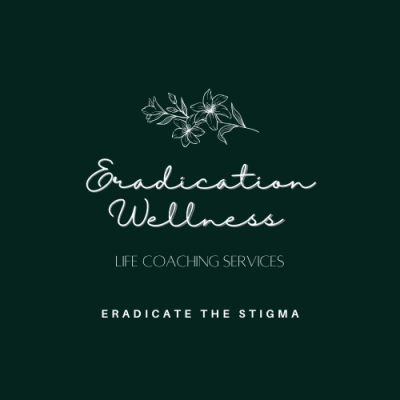I can remember, as a teenager, that I would feel incredibly depressed. I had my reasons but couldn’t stand feeling like I did. When I reached adulthood, depression was even more daunting than before – I just didn’t know it yet. By the time I was in my mid-20s, I knew I had to make changes. This is the beginning of the most successful mental health journey I’ve had and taken seriously.
I didn’t know what I needed when I felt those dark moments, but once I had the right support, it became easier to understand.
Appreciation.
When I would reminisce on the good moments in my life, even when I was in my darkest, I would feel the slightest uplifting sensation. When I started living each day, appreciating the smallest moments that felt good, my mood would stabilize, and I’d feel happier. Then, once I started to understand the things I went through, I started learning to appreciate the hard times too. They remind me of how much stronger I am than I think and that life is beautiful even when it doesn’t feel like it. Because of the past, I now have a deeper understanding of who I am, what I want, and where I want to go.
One study [1] pointed out that when people learn to appreciate their experiences, everything makes sense, and confidence can be gained. There is a new, fostered sense of understanding that can now link the patterns together.
Food for Thought: Learn to appreciate every moment, and life will become clearer.
Sources:
Kim, J., Holte, P., Martela, F., Shanahan, C., Li, Z., Zhang, H., Eisenbeck, N., Carreno, D. F., Schlegel, R. J., & Hicks, J. A. (2022). Experiential appreciation as a pathway to meaning in life. Nature Human Behavior, 6, 677-690. https://doi.org/10.1038/s41562-021-01283-6
